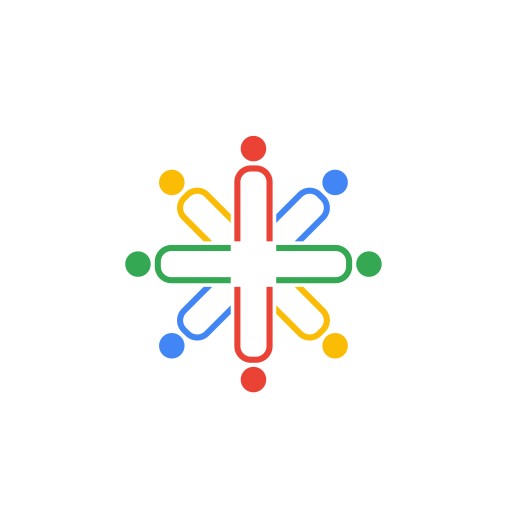Data is everywhere and in many different forms. Healthcare data is diverse and complex which challenges a linear progression to derive an informed result in hopes of outcomes to improve care and patient safety and decrease cost.
MULTIPLE PLACES IN MULTIPLE WAYS
The data comes from all over the healthcare environment and resides in multiple places in different source systems, from ancillary, portal, personal, device, emr, hr, etc. Aggregating this data into a single, central system, such as an Enterprise Data Warehouse (EDW), assists in grouping the data elements to form a historical representation helps to make more informed decisions and actions.
THE CHALLENGE OF STRUCTURED AND UNSTRUCTURED DATA
Unstructured data capture is enabled and allowed to appease the frustrated EMR users and avoid disrupting and slowing the workflow for patient care. Unfortunately, a goal the goal of improving care through better information is challenged because the data is difficult to aggregate and analyze in any consistent manner. Opportunity lies in a more elegant workflow that enabled the most efficient and logical workflow in healthcare that can capture the data in a structured and understandable way.
Many countries routinely cite “natural causes” and other vague terms as a cause of death in their records. This does not provide any useful information about whether a death was preventable, or how. Better data can support the training for medical staff to better identify and record causes of death, which will help countries understand why and where people are dying and take actions that can reduce those causes of death. It will also help make high quality birth and death certificates standard practice in more countries.
IMPORTANCE OF DATA STEWARDSHIP
The American Medical Informatics Association defines data stewardship as the “responsibilities and accountabilities associated with managing, collecting, viewing, storing, sharing, disclosing, or otherwise making use of personal health information.”1It further states that “principles of data stewardship apply to all the personnel, systems, and processes engaging in health information storage and exchange within and across organizations.”
Big-data initiatives have the potential to transform health care. Stakeholders that are committed to innovation, willing to build their capabilities, and open to a new view of value will likely be the first to reap the rewards of big data and help patients achieve better outcomes.
Brenda Hopkins RN, MBA, editor HealthcareDisruptors


Recent Comments